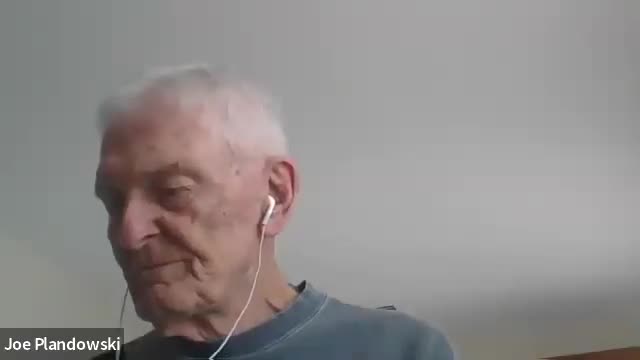Nantucket advisory board discusses state proposal for cannabis social-consumption rules, agrees to wait for next comment round
Get AI-powered insights, summaries, and transcripts
Subscribe
Summary
Members of a Nantucket County advisory board discussed the Massachusetts Cannabis Control Commission's proposal to permit "social consumption" of cannabis, raised concerns about indoor combustion, ventilation and housing impacts, and by consensus decided to wait for the commission's next rulemaking round before filing formal comments.
Members of a Nantucket County advisory board discussed the Massachusetts Cannabis Control Commission's proposal to allow public social consumption of cannabis and agreed by consensus to wait for the commission's next rulemaking round before submitting formal comments.
The board's discussion focused on three issues: which license types the commission is proposing, how indoor combustion would be handled (including ventilation and potential effects on nearby housing), and the timeline for the commission's public-comment process. Barry Rechter, chair, led the discussion and framed the board's role as advisory.
Board members raised public-health and land-use concerns tied to indoor smoking. Member Joe Landowski asked, "Does that mean that, cannabis smokers are going to have to follow the same rules and regulations as tobacco smokers?" Barry Rechter warned members the board's recommendations would be advisory only: "Let me just say to you that whatever we do as a board, we are strictly advisory again," he said. Dan Berger, a guest who said he has monitored the rulemaking and testified at the State House, described the current public-comment window and the proposed license types: "Right now, this, the public comment period that is happening that ends on Thursday, it's an unofficial public comment period," Berger said, and explained the commission's three license models as analogous to elements of the alcohol industry (a supplemental/tasting-room model attached to existing dispensaries, a hospitality-style license similar to a liquor license, and an event license).
Several speakers urged the board to highlight technical controls that would limit smoke transfer to adjacent spaces. Members suggested the board's comments should recommend clear guidance on ventilation and HVAC requirements, and noted that any change would likely involve the local Board of Health and the planning process (special permits or waivers) if an applicant proposes an on-site smoking lounge in a building with residential units above. One member recalled past complaints related to a failed venting system at a local facility and said effective odor control should be an objective.
Berger noted a change in state law (referred to in the discussion as "chapter 180") that has altered how indoor combustion is approached, allowing combustion to be considered under the new framework; he also contrasted cannabis smoke and tobacco smoke, saying studies do not show cannabis smoke is "nearly as carcinogenic as tobacco" and that the public-safety debate is therefore different from the tobacco-era rules.
The board discussed timing. Members were told the commission's initial public-comment period ends "Thursday, 23rd" (month not specified in the record), that a red-line meeting at the end of the month will follow, and that a second two-week public-comment period would likely occur in mid-February. The board by consensus chose to wait for the commission's next published draft and the second comment window before deciding whether to file a formal, board-level comment. The chair said the group could call a special meeting if the second round occurs before the board's next scheduled meeting.
No formal motion or vote on policy was taken; the conversation was recorded as discussion and a consensus to monitor the state process and consider commenting in the next round if appropriate.
